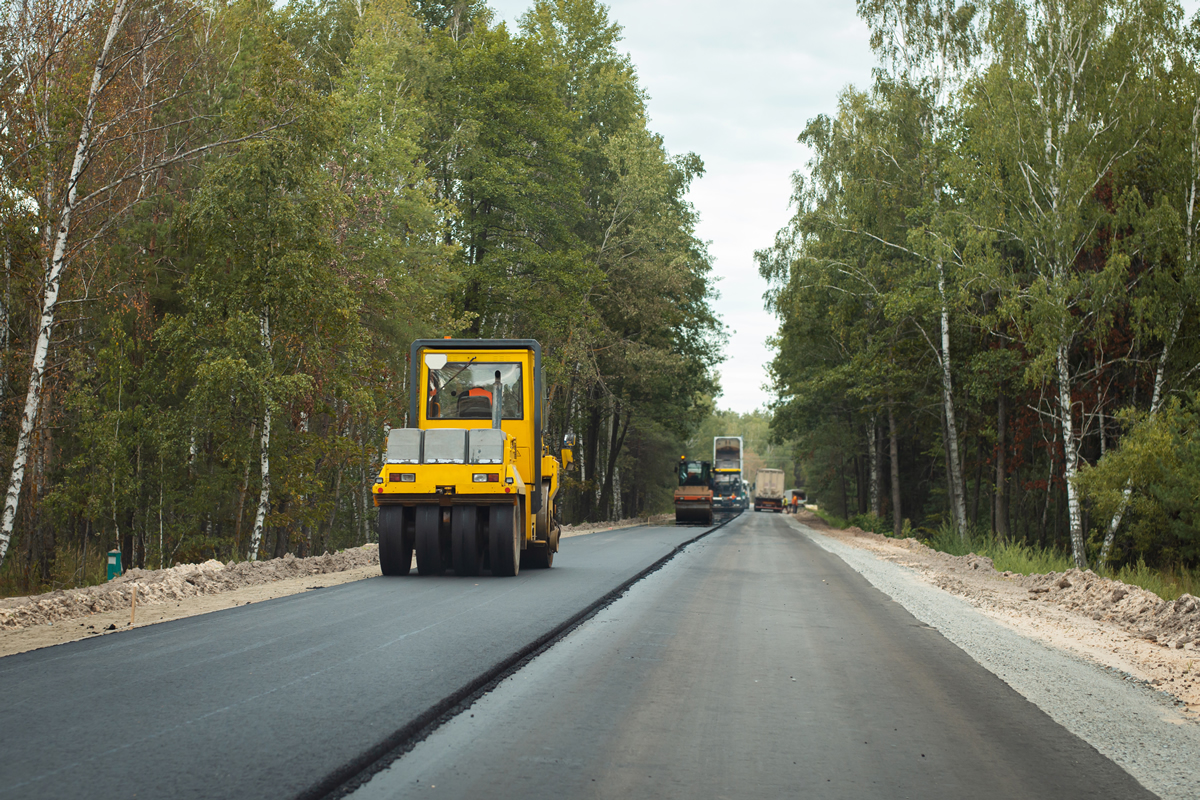Are Tire Scuffs on Your Pavement an Issue?

You just had your parking area or driveway replaced or coated, but you see tire scuffs soon afterward. These unattractive scuffs may have you concerned about the deterioration of your driveway. However, that is unlikely the case. Here is more info about driveway scuffs, their causes, and what you should or should not do about them.
What Are Tire Scuffs?
Tire scuff is a term that refers to tire marks and trails that occur on new and recently sealed asphalt. They are prevalent. Tire scuffs usually happen when you open your new lot or driveway to vehicles. You may notice them immediately with the first vehicle or after a busy day. They don't go deep into the asphalt surface or take off any material. Instead, their main concern is their appearance.
What Causes Tire Scuffs?
Tire scuffs have many causes irrelevant to construction. Listed below are some of the common reasons for tire scuffs.
Pavement curing
When you have new asphalt or seal coat, you must keep vehicles off of it until it fully cures. Sometimes, you can open your lot or driveway up within a few hours. However, most people wait a day or two for good measure. If you open up too soon, you will likely have tire scuffs. New, uncured pavement and seal coats are softer and more prone to issues. The longer you let your new pavement cure, the less chance of tire scuffs you will have.
Tire type
Some kinds of tires are more likely to scratch your new pavement. For instance, tires with rough tread, like truck tires, can generate unsightly marks. Steel belted tires are more likely to cause issues than bias-ply tires. Cars with hot tires, such as one on the road for a long time, can also cause scuffs.
Vehicle weight
Heavy vehicles have more impact on fresh asphalt than lighter vehicles. If you have a busy area with constant truck traffic that backs up, stops, and turns around, your chance for scuffs is higher. If you let heavy vehicles on before the surface cures, you may risk more severe damage. To minimize this issue, limit the amount of traffic or heavy vehicles on your lot or driveway.
Weather conditions
Weather determines how fast your new asphalt and seal coat cures. Hot weather slows down the cure time for your new asphalt. In addition, high temperatures keep the asphalt softer longer, and this contributes to possible scuffs. You can minimize this problem by scheduling your asphalt replacement or seal coat in the cool months.
Asphalt mix choice
The kind of asphalt you choose for your property affects whether it will have scuff marks. Coarser asphalt is less likely to have scuffs than smaller aggregates and thin seal coats. However, many people don't choose coarse asphalt because it tends to give a rougher appearance. Discuss your concerns with your contractor to see which asphalt type is right for your property.
In most circumstances, you don't need to do anything to fix tire scuffs. As your asphalt ages, the scuffs will fade. Eventually, they will disappear altogether. The only exception is deep dips and divots accompanying the tire marks. In that case, you may need to repair or apply a new coat to eliminate the issues.
Tire scuffs may not be entirely preventable. However, that doesn't mean your driveway or parking lot is compromised. Tire scuffs won't be a long-term problem if the new surface is applied and cured correctly. If you need a new asphalt surface, we can help. We can check over your property and see what works needs to be done. Contact us for an appointment and information on asphalt paving or chip seal in Kerrville, TX.